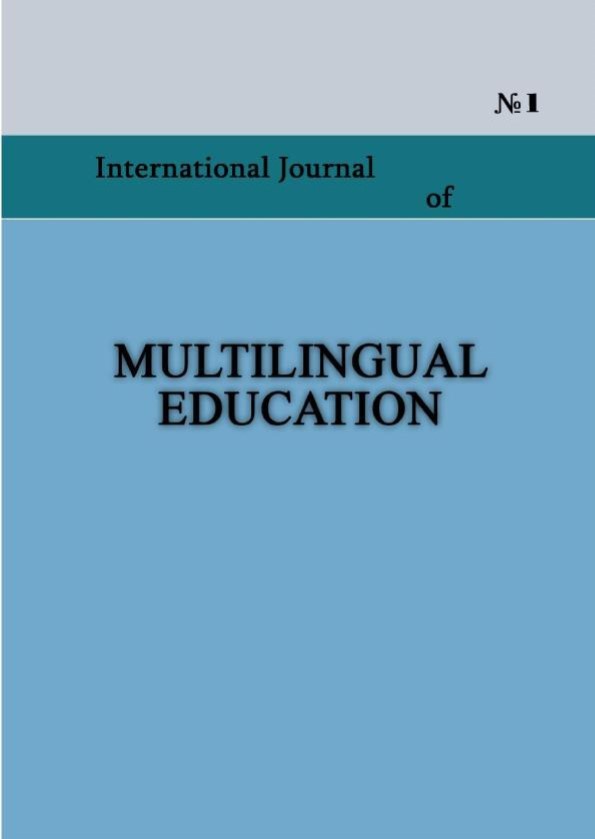TEACHING FOREIGN LANGUAGES in the UNIVERSITIES WESTERN EUROPE (MULTILINGUAL ASPECT)
Keywords:
Teaching, Foreign Language, MethodologyAbstract
The article highlights the experience of teaching foreign languages in the universities in multilingual context of the West-European territory. The author determines reasons that increased attention to education and language learning in higher education in multilingual environment. Also the perspectives for improving foreign language training of students in higher education institutions of the European countries are outlined.
References
Reform Strategy for Education in Ukraine: Educational Policy Recommendations / [ed. B. Andruschenko]. - K.K. I. C, 2003. - 296 p.
Language: New Perspectives on Language in Education/ The EUNOM Report /G.Williams. – 2012. – 61 p. –http://eunom.uoc.edu.
Eurostat, Education statistics, Statistics in Focus 49/2010/http://epp.eurostat.ec.europ a.eu/cache/ITY_OFFPUB/KS-SF- 10-049/EN/KS-SF-10-049-EN.PDF
Hamanyuk A. Theory and practice of foreign language education in Germany in the context of Europeanintegration processes): dis. Dr. ped. sciences: 13.00.01 / VA Hamanyuk. - Kiev, 2013. - 498 p.
Ignacio M. Palacios Foreign Language Teaching in Tertiary Education: A European Perspective// CAUCE, Revista de Filologнa y suDidбctica, n" 25, 2002. – pбgs. 165-184.:
http://cvc.cervantes.e s/literatura/cauce/pdf /cauce25/cauce25_10.pdf
Published
How to Cite
Issue
Section
License
Copyright (c) 2013 Dmytro Yenygin

This work is licensed under a Creative Commons Attribution-NonCommercial 4.0 International License.
Copyright (c) - Authors who publish with this journal agree to the following terms: Authors retain copyright and grant the journal the right of first publication with the work simultaneously licensed under a Creative Commons Attribution-Noncommercial 4.0 International License, which allows others to share the work with an acknowledgement of the work's authorship and initial publication in this journal. Authors are permitted and encouraged to post their work online (e.g., in institutional repositories or on their personal website) prior to and during the submission process, as it can lead to productive exchanges, as well as earlier and greater citation of published work (see The Effect of Open Access). Authors may enter into separate, additional contractual arrangements for the non-exclusive distribution of the journal's published version of the work (e.g., post it to a repository or publish it in a book), with an acknowledgement of its initial publication in this journal.

